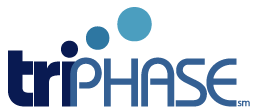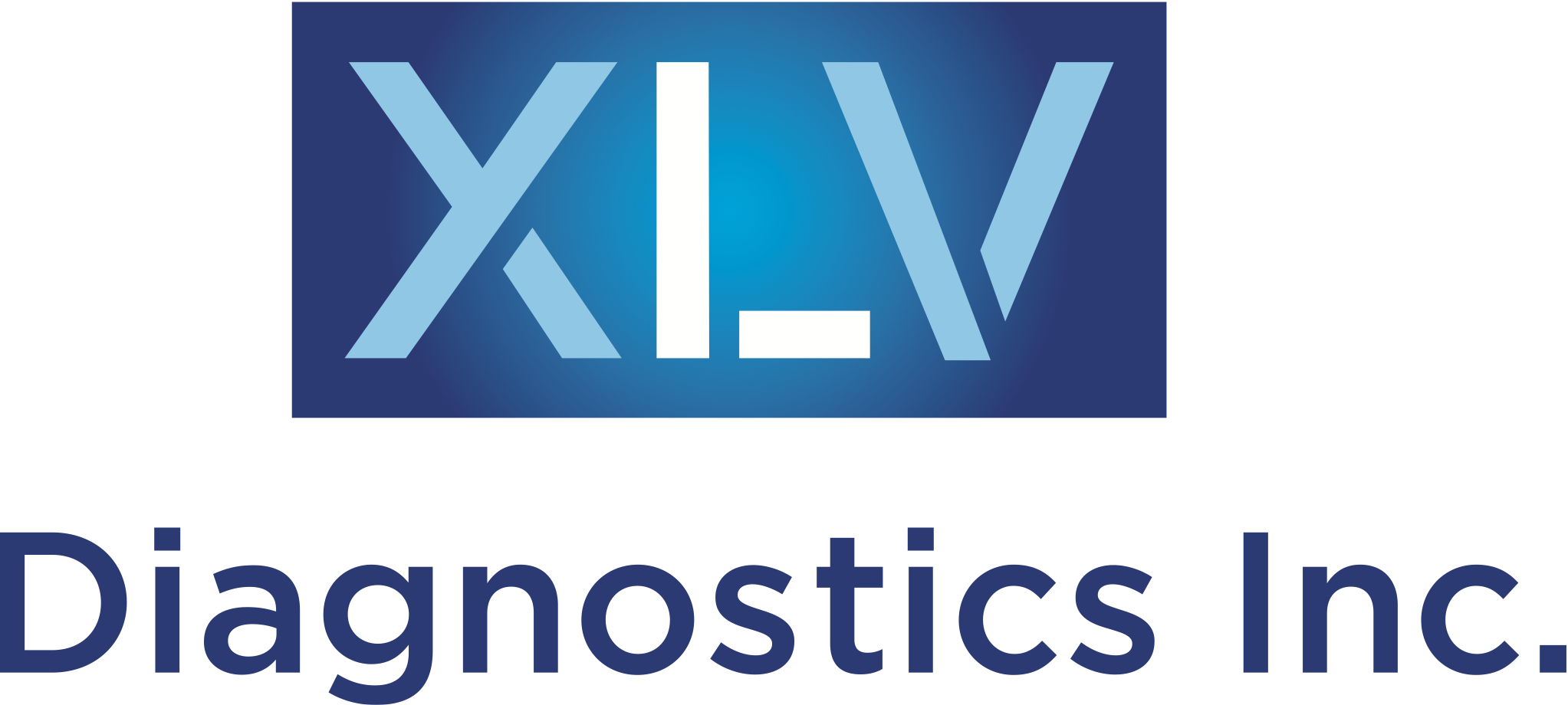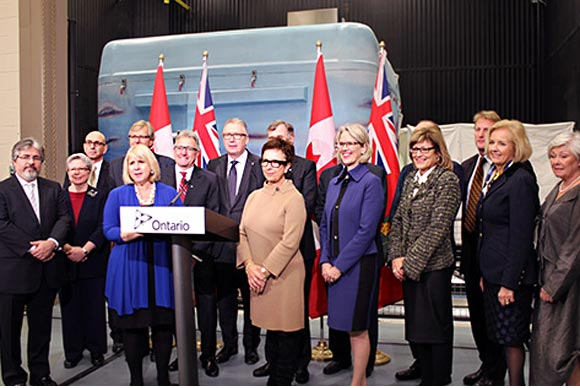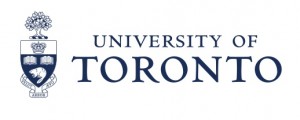MaRS Innovation forms third collaboration with Johnson & Johnson Innovation
![]() MaRS Innovation today announced that Johnson & Johnson Innovation has expanded its collaboration with MaRS Innovation to identify and advance early-stage technologies of interest.
MaRS Innovation today announced that Johnson & Johnson Innovation has expanded its collaboration with MaRS Innovation to identify and advance early-stage technologies of interest.
The announcement was made in advance of the 2015 BIO Convention, which takes place from June 15 to 18 in Philadelphia, PA. MaRS Innovation is participating as part of the Ontario delegation and will have kiosk space in the Ontario pavilion (#615).
This partnership was covered in BioCentury, GEN, PharmaBiz and FierceBiotech.
Earlier this year, Johnson & Johnson Innovation and MaRS Innovation announced their research partnership to advance three technologies focused on improving cardiac surgery outcomes, developing a blood test for depression, and identifying a diagnostic metabolite for both gestational and type 2 diabetes patients. The projects’ principal investigators are researchers from the University Health Network (Peter Munk Cardiac Centre), the Centre for Addiction and Mental Health (with Indoc Research) and the University of Toronto.
“Johnson & Johnson Innovation is an excellent partner that understands exactly the kind of technology pipeline MaRS Innovation represents,” said Dr. Raphael Hofstein, president and CEO. “Renewing their longstanding relationship signals the value they see in this partnership with MaRS Innovation, our members and researchers within our network.”







